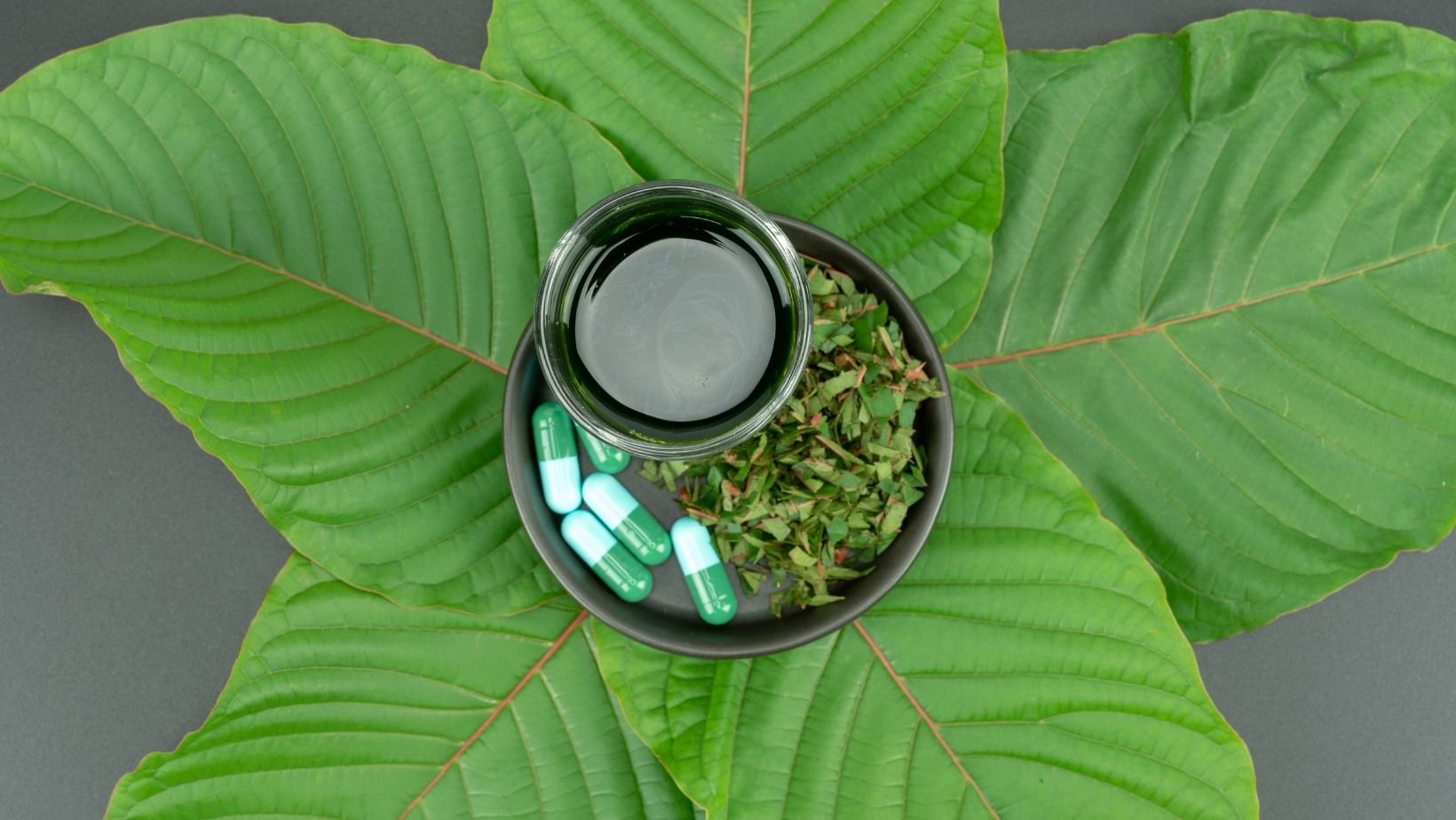Before you use kratom, it’s essential to know what this herb is and what it does. The following article will discuss side effects, efficacy, and addiction potential. You’ll also learn whether or not it is available in the U.S. and a few other essential points. We hope this information will help you make an informed decision regarding your health and well-being.
Potential Benefits And Side Effects
While bulk kratom capsules do not cause harm to your organs or create any other dangerous side effects. It is best to be aware of the potential dangers and risks associated with its use. The chemical makeup of kratom varies, and the balance between stimulant and opiate-like effects can vary from person to person. Generally, dosages of up to 15 grams produce similar impacts to high doses of opioids. The results may range from mild sedation to total loss of consciousness. For this reason, it is best to consult a healthcare professional before using kratom.
Many kratom users report increased energy levels, work capacity, and sociability. In addition, the report heightened sexual desire and normal pupils. Some users also report a mild sense of euphoria. In higher doses, kratom may cause sedation. Some people use kratom to avoid opioid withdrawal symptoms. This herb is widely available and is generally cheaper.
Some people experience a mild flu-like effect after taking kratom. This is because there is no regulation over the amount of this herb. If you do not take kratom in the right amount, you may experience an overdose, which is potentially fatal. The kratom effects may become more severe if you mix it with other substances. The best way to prevent this is to use it only as prescribed by your doctor.
Efficacy
In the United States, bali kratom capsules are increasingly popular as an alternative medicine for pain. It has been used for centuries by people in Southeast Asia for healing wounds and religious ceremonies. In 1836, a Dutch botanist reported on its effect as an opium substitute. This report prompted some Americans to purchase kratom, bringing the herb’s popularity back to the United States. But until recently, there were few studies on the kratom plant in the United States.
When taken in larger doses, kratom acts as a sedative. It produces calm feelings, similar to those experienced by people using opioids. In addition, large amounts can be very soothing, causing users to fall asleep and possibly enter a dreamlike state. But, if you take the drug in excess, you can quickly become addicted to it. This is a problematic situation for those without treatment.
Studies Of Kratom Have Shown It Is Effective For Treating Opioid Withdrawal
In a survey of almost 600 kratom users, 91% reported using it for pain relief. Similarly, 67% said that it helped them stop using opioids for at least a year. However, one-third of those surveyed reported the effects. These were generally mild and lasted no longer than one day. Only 1.9% reported severe side effects that required medical attention.
Although kratom is not considered an opioid replacement, it has analgesic and stimulant properties that may make it a viable alternative for opioid withdrawal. However, despite the benefits of kratom, the potential risks of abuse and dependence outweigh its benefits. Further, kratom has some side effects, such as liver damage and central nervous system depression. Therefore, it is important to discuss its safety with a doctor.

Users Report Feeling More Alert, More Energetic, And Friendly
The drug’s euphoric and dysphoric effects may be attributed to the presence of multiple alkaloids. The primary active alkaloids, Mitragynine and 7-hydroxy Mitragynine produce a stimulant effect at lower doses. However, kratom is associated with opiate effects at higher doses, including sedation and euphoria.
Mitragynine, the primary active alkaloid in kratom, is thought to be more potent than morphine. It inhibits tyramine and nicotine-induced contractions. Moreover, both Mitragynine and 7-hydroxy mitragynine are partial opioid agonists. These substances may affect the opioid system and cause tolerance. This is why kratom is used to treat opioid addiction.
Side Notes
In general, kratom does not appear to be addictive to most people. Still, it can be highly addictive for some users. Because of its addictive nature, some Southeast Asian countries have banned the use of kratom altogether. In the case of studies, heavy kratom users showed substantial tolerance to its effects and overt withdrawal symptoms, including depression and irritability. Additionally, most routine drug tests do not detect kratom-derived compounds. However, a handful of specific tests can see kratom, which is controversial and not widely available.














